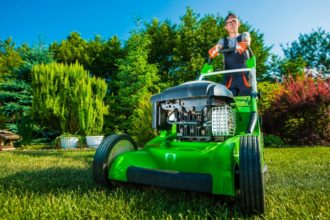5 Tips to Ensure Your Plumbing Survives the Winter
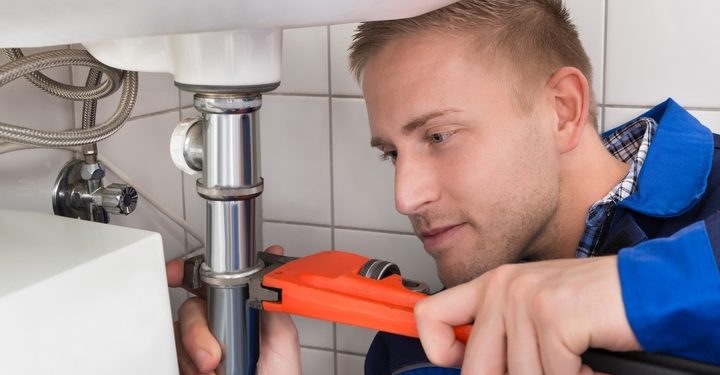
Wintertime can be bad news for your plumbing if you’re not careful. Because of the cold, leaks can quickly turn into frozen pipes, which can quickly turn into flooding and water damage. The best way to avoid problems with your plumbing in the winter is to take some preemptive steps. This blog post looks at five things you can do to protect your pipes in the winter!
1. Invest In Insulating Your Pipes
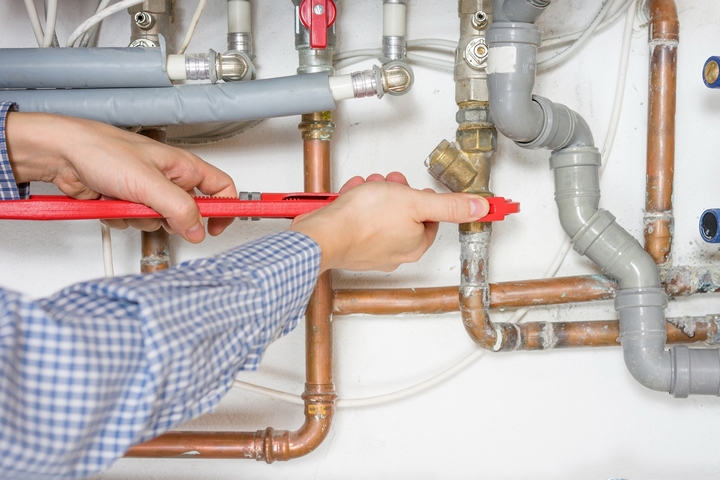
Depending on how intense the cold gets in your area, frozen pipes may be a real concern that you need to be worried about. When water freezes inside your pipes, your pipes are at risk of bursting and causing a lot of damage. Frozen pipes can cause massive floods and damage to the items inside your home. If you didn’t have your pipes insulted while your home was being built, invest in some foam blankets to wrap your pipes in. You can find foam tubes at most hardware stores and cut them into a length appropriate for your pipes. Covering your pipes with foam is a quick and easy way to reduce your risk of having to deal with frozen pipes.
2. Don’t Let Small Leaks Turn Into Bigger Problems
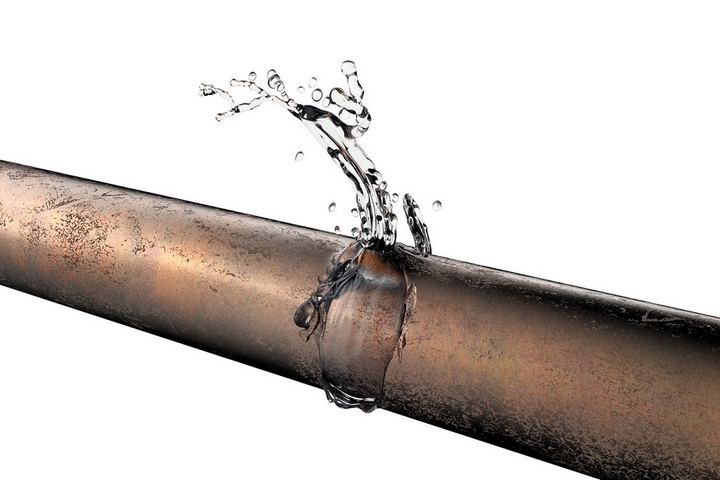
Even the smallest leaks can cause huge problems if they aren’t dealt with right away. Leaks can linger for months at a time and then one day cause massive amounts of damage. Leaks are even more dangerous during the winter time because of the damage that frozen pipes can cause. Even small leaks make the entire pipe more likely to freeze when its cold out.
Regularly checking up on your pipes is the best way to prevent problems that are difficult to deal with. Make sure you check the piping around your toilets, tubs, showers, and sinks to make sure everything is ok once it starts to get cold out. Even if you insulate your pipes, it’s still important to perform regular checkups with a plumber for signs of dampness and possible leaks.
3. Check Your Sump Pump Before Cold Weather Hits
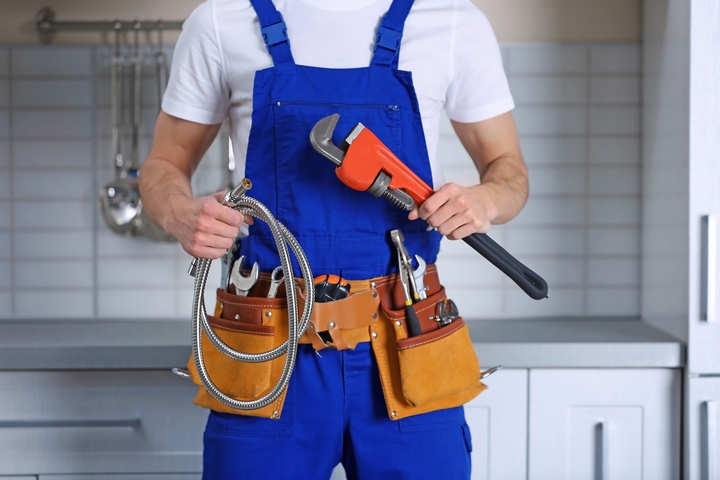
Your sump pump needs to have a clear path in order to work correctly. Make sure you check your sump pump pit for any leaves or ice that could possibly block your sump pump from draining. It’s a good idea to use a shorter pipe in the winter since it’s less likely to freeze since the pipe is closer to your home.
4. Clean And Drain Your Water Heater
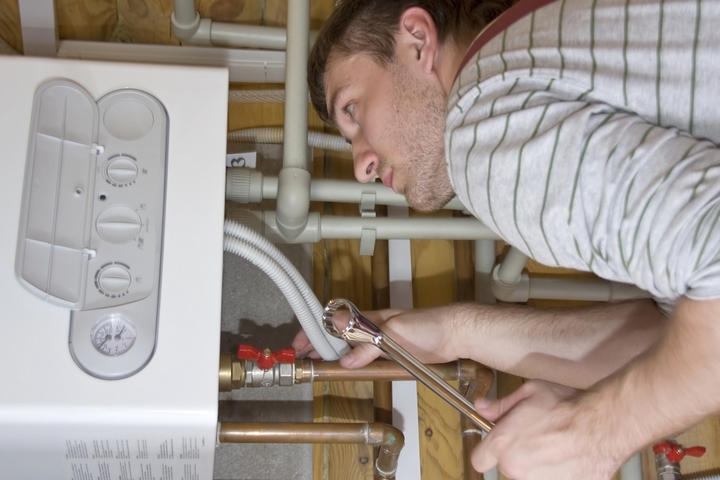
Hard water can negatively impact how well your water heater works. Water heaters are susceptible to sediment and rust build up, especially when hard water is used. Rust has the potential to eat away at the metal in your water heater which can cause leaks. Rust can also make its way into your cooking and bathing water which can have a negative impact on your health. If you allow too much sediment and rust to build up on your water heater, it may be beyond repair. The best way to avoid ruining your water heater is to schedule regular cleanups to help keep sediment and rust under control.
5. Disconnect Your Garden Hose From Your Plumbing
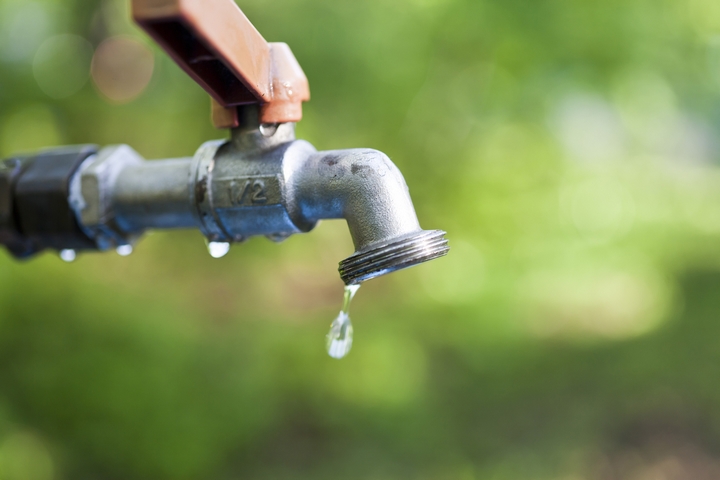
Water left inside your garden hose is at risk of freezing and expanding to the facets and pipes connected to your hose. Simply forgetting to disconnect your hose once the cold weather hits can cause significantly expensive repair bills. Make sure you turn off the inside valves for each tap you have running outside. Once the valve is closed, turn on the tap outside to make sure all the excess water is removed from your system. This is a simple way to avoid possible thousands in repair costs.


